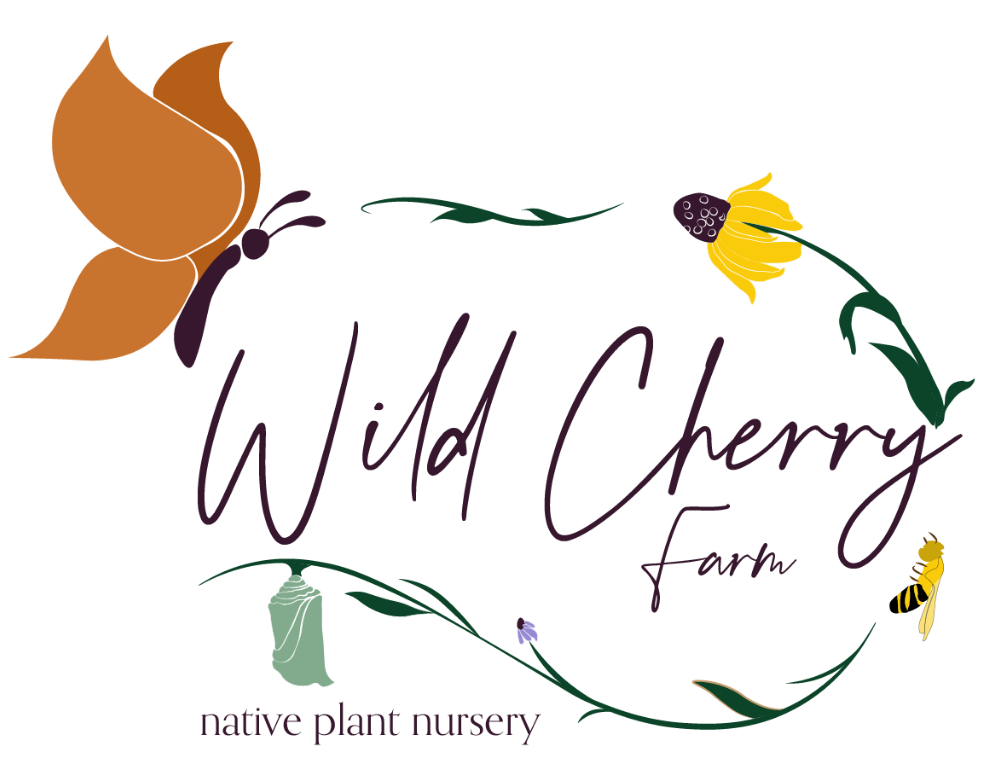Robin's Plantain (Erigeron pulchellus)
The flowerheads of Robin’s Plantain attract small bees, small butterflies, and skippers (Illinoiswildflower.info). These insects seek nectar primarily, although some of the bees also collect pollen. It is the host plant for the Pearl Crescent and 20 other butterflies and moths in our area (nwf.org). Robin's Plantain blooms from mid-spring to early summer for about 2 weeks and after blooming, the flowering stalks die, but the basal leaves remain green. It will send out some stolons to form a nice little colony of plants.
Photo Credit: Cathie Bird (1), John Blair (2)
The flowerheads of Robin’s Plantain attract small bees, small butterflies, and skippers (Illinoiswildflower.info). These insects seek nectar primarily, although some of the bees also collect pollen. It is the host plant for the Pearl Crescent and 20 other butterflies and moths in our area (nwf.org). Robin's Plantain blooms from mid-spring to early summer for about 2 weeks and after blooming, the flowering stalks die, but the basal leaves remain green. It will send out some stolons to form a nice little colony of plants.
Photo Credit: Cathie Bird (1), John Blair (2)
The flowerheads of Robin’s Plantain attract small bees, small butterflies, and skippers (Illinoiswildflower.info). These insects seek nectar primarily, although some of the bees also collect pollen. It is the host plant for the Pearl Crescent and 20 other butterflies and moths in our area (nwf.org). Robin's Plantain blooms from mid-spring to early summer for about 2 weeks and after blooming, the flowering stalks die, but the basal leaves remain green. It will send out some stolons to form a nice little colony of plants.
Photo Credit: Cathie Bird (1), John Blair (2)
Life Cycle: Perennial
Sun Exposure: Full, Partial (prefers partial sun)
Soil Moisture: Medium-dry, Dry
Height: 12 inches
Plant Spacing: 18-24 inches
Bloom Time: May-June
Bloom Color: White
Advantages: Caterpillar Favorite
Host Plant: Pearl Crescent and 20 other species of butterflies and moths use this as a caterpillar host plant in our area (nwf.org)










